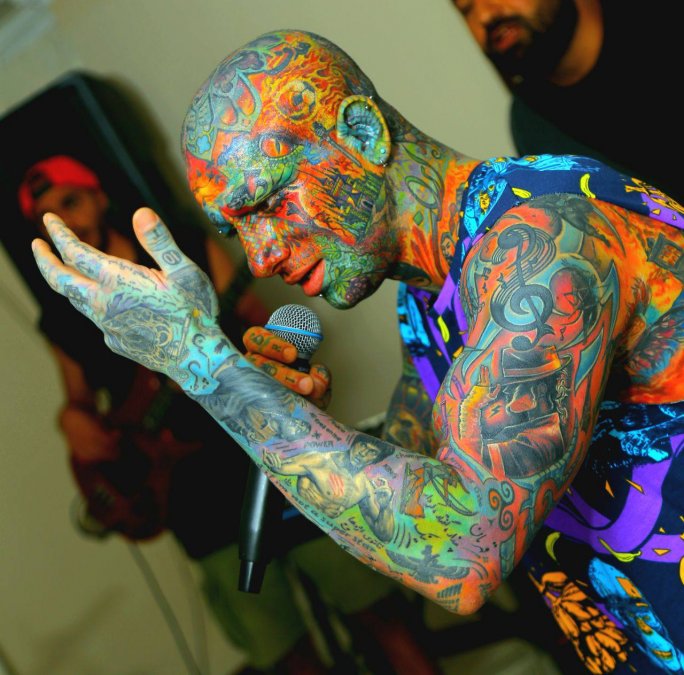Psychological and legal analysis of Amir Tataloo’s actions
For several consecutive years, Amir Tataloo’s words and actions have been widely covered by the media. From 1396 (2017) and his famous meeting with the current President, Ebrahim Raisi, during his election campaigns, to his departure to Turkey and the uproar he caused every time he made a statement, his voice echoed everywhere. However, now that he has been deported back to Iran and faces serious charges in Turkey, this may mark the end of his story.
Perhaps one of Tataloo’s most controversial actions in recent years was his marriage to Sahar Ghoreishi, a young Iranian actress. Sahar, who had gone to Turkey to work on the TV series ‘Blue April,’ claimed that she had gone to Tataloo’s house for a friendly visit that lasted three days. However, she was forced to stay in that house for about six months and was essentially imprisoned. Prior to this, both of them publicly displayed their deep affection for each other, but after a few months, their relationship started to unravel. They had a series of public disputes, and eventually announced on their social media pages that they had separated and regretted their relationship.
Mohammad Reza Imani Ravanshenas is an emblem and representation of our society. If his supporters are also part of this society, it indicates that a part of the society is vulnerable and facing problems.
Alireza Sharifi Yazdi, a sociologist, states that anti-social individuals do not adhere to the values and rules of society. They do not see any reason for this adherence and they pull others towards themselves. Regarding the specific case of Tatlo, attention should also be paid to psychological disorders associated with him. However, it should be noted that market popularity has not been unaffected by his circumstances.
Sara Bagheri, a lawyer and women’s rights activist, believes that serious accusations have been made against her regarding Article 21 of the Computer Crimes Law, which addresses instances of criminal content in the virtual space. These accusations include spreading obscenities, incitement, encouragement of corruption, indecent acts, and committing crimes contrary to chastity or sexual deviations, as stated in Article B of the Computer Crimes Law and Article 639 of the Islamic Penal Code. She is also accused of disseminating and distributing content contrary to public chastity, as stated in Article 14 of the Computer Crimes Law, and encouraging youth through pornography, sexual and physical harassment, and depriving public tranquility. She will face consequences for these actions.
Persian
مشاهده این مقاله به زبان فارسی


